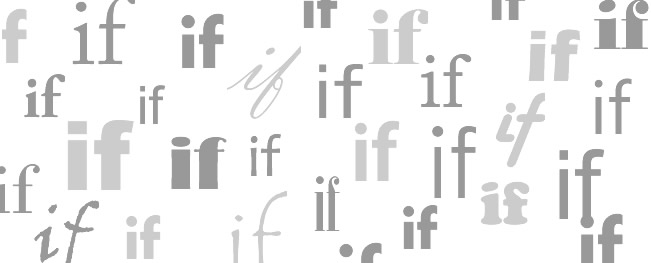Una vez en UK, necesitáis una cuenta en un banco para poder empezar a cobrar ahí el sueldo de vuestro nuevo trabajo, así como domciliar los pagos del alquiler, las bills, etc. Con esto claro, os dirigís al banco que os interesa con el objetivo de abrir la cuenta, pero… ¿Cómo hacéis esta gestión en inglés? Abrir una nueva cuenta, hacer un reintegro, hacer un ingreso de efectivo… ¿Cómo se dicen en inglés todos estos términos?
El profesor Ronan O’Donnell dedica su post de esta semana al vocabulario esencial que debéis conocer para poder hacer cómodamente gestiones en inglés con vuestro banco. Con ejemplos de conversaciones, consejos, vocabulario y curiosidades. Un artículo imprescindible!
Al final de esta entrada encontraréis un formulario de contacto donde podréis decirle directamente a Ronan que os ha parecido este artículo (u otros) e indicarle sugerencias y temas sobre los que os gustaría que escribiera en futuros post de su sección. Comentaros además que, a partir de este post, Ronan publicará de forma mensual en lugar de semanal. Sus entradas serán colgadas en fromspaintouk.com el primer viernes de cada mes.
Esperamos que sigáis tan fieles a vuestra cita con el inglés como hasta ahora 😉
Dirty Cash (Money Talks)
Where do you keep your money? Do you keep it under your mattress, in a piggy bank or in an envelope in your bedside locker? If your money is in any of these places then you need to open a bank account. Read on to find out how to do so.
Opening a bank account
Opening a bank account in England shouldn’t present too many difficulties but you will need to provide identification (passport or identity card) and proof of address (letter from your landlord or a household bill).
Here is an example of a typical dialogue you may have when opening a bank account
Bank Teller: ‘Hi. How may I help you today?’
Customer: ‘I would like to open a bank account please’.
Bank Teller: ‘What type of account would you like to open?’
Customer: ‘I am not sure. What are my options?’
Bank Teller: ‘You can open a free current account, a paid account, a premium account or a savings account?’
Customer: ‘What documents do I need to open an account?’
Bank Teller: ‘You will need proof of identification and proof of address.
Questions or requests
‘Do you have an online banking service/facility?’
‘I would like to set up a direct debit.’
‘I would like to deposit £100 into my account.’
‘I would like to withdraw £100 from my account.’
Vocabulary
Direct Debit: An instruction to the bank by the customer whereby a fixed amount is withdrawn from your account to pay a weekly or monthly bill, e.g. phone bill.
Premium Account: This type of account usually incurs a monthly charge and includes benefits such as mobile phone or travel insurance.
Deposit: To pay money into your account.
Withdraw: to withdraw(verb), withdrawal(noun). To take money out of your account.
Overdraft: An agreed amount of credit on your current account.
ATM(Automated Teller Machine) : This is a cash dispenser and is also known as the ‘hole in the wall’. (Literally in the case below)
Check out some of the best deals on bank accounts: http://www.moneysupermarket.com/current-accounts/
Idiomatic expressions with ‘bank’
To bank on something: To be absolutely sure about something.
e.g. He will bring the money. You can bank on it.
To break the bank(or not break the bank): To buy something that costs too much or is generally very expensive, to spend all of one’s money.
e.g. I am sure you can afford it, it is not going to break the bank.
Laughing all the way to the bank: To make a lot of money very easily.
e.g. He is laughing all the way to the bank after opening that new food stall.
Idiomatic expressions with account
To take something into account: To include/consider certain information when making a decision or taking an action.
e.g. The judge took into account the thief’s previous good behaviour and gave him a reduced sentence.
To give a good account of oneself: To do something well.
e.g John gave a good account of himself in the tennis match last night.
To be called to account: To be brought to justice or to justify certain actions.
e.g. The majority of the rioters have been called to account for their actions.
You may also be wondering what a bank holiday is. A bank holiday is a public holiday in Britain. There are currently six but many other holidays are often called bank holidays. Banks and other businesses are usually closed on bank holidays while public holidays are usually associated with national customs, religious observance or tradition.
The official May bank holiday has been moved this year to the 4th June to create an extended bank holiday weekend for the Queen’s Jubilee celebrations. Enjoy it and if you think of any questions or ideas for this part of the blog between now and then please let us know.







2 comentarios
Me parece genial este blog. ES DE GRAN AYUDA. Gracias
Gracias Raúl! 🙂